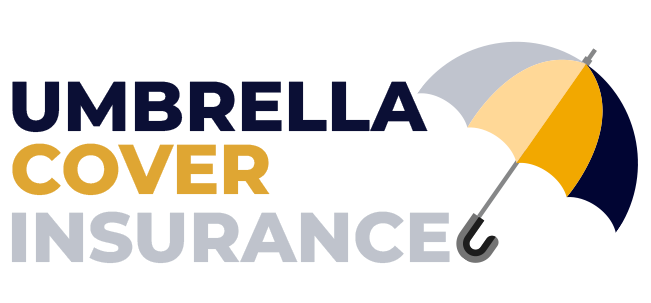Umbrella insurance serves as a critical component of a comprehensive risk management strategy, providing an additional layer of liability protection beyond standard insurance policies. However, shopping for umbrella insurance can be a daunting task, with various factors to consider and coverage options to evaluate. In this blog article, we’ll share practical tips for finding the right umbrella insurance policy to meet your needs and protect your assets.
1. Assess Your Coverage Needs
Before you start shopping for umbrella insurance, take the time to assess your coverage needs thoroughly. Consider factors such as your total assets, potential liability risks, and existing insurance coverage. Determine the level of protection you need to safeguard your assets and financial well-being in the event of a catastrophic loss or lawsuit. Having a clear understanding of your coverage needs will help you narrow down your options and find a policy that provides adequate protection.
2. Understand What Umbrella Insurance Covers
Umbrella insurance provides additional liability coverage beyond the limits of your primary insurance policies, such as auto, homeowners, and renters insurance. It typically covers liabilities such as bodily injury, property damage, and personal injury claims, as well as legal defense costs. Understanding what umbrella insurance covers—and what it doesn’t—will help you assess its value and determine if it’s the right fit for your needs.
3. Compare Coverage Options from Multiple Providers
Don’t settle for the first umbrella insurance policy you come across. Take the time to shop around and compare coverage options from multiple insurance providers. Request quotes from different insurers and compare coverage limits, premiums, deductibles, and optional endorsements. Be sure to consider the financial strength and reputation of each insurer as well, as you want to choose a reliable provider that will be there for you when you need to file a claim.
4. Look for Customizable Coverage
Every individual and family has unique insurance needs, so look for umbrella insurance policies that offer customizable coverage options. Consider factors such as coverage limits, optional endorsements, and deductible options when evaluating your options. Choose a policy that allows you to tailor your coverage to fit your specific needs and financial situation.
5. Consider Bundling with Existing Policies
Many insurance providers offer discounts for bundling multiple policies, such as auto, homeowners, and umbrella insurance. Consider bundling your umbrella insurance with your existing policies to take advantage of potential savings. Not only can bundling save you money on premiums, but it can also streamline the insurance process by consolidating all your policies with one provider.
6. Review the Fine Print
Before purchasing an umbrella insurance policy, carefully review the fine print of the policy documents. Pay attention to coverage limits, exclusions, and any conditions or limitations that may apply. Be sure to ask your insurance agent or broker about anything you don’t understand and seek clarification on any terms or provisions that may impact your coverage.
7. Seek Advice from an Insurance Professional
Navigating the world of insurance can be complex, so don’t hesitate to seek advice from an insurance professional. An experienced insurance agent or broker can provide valuable guidance and help you navigate the umbrella insurance shopping process. They can assess your coverage needs, recommend appropriate coverage options, and help you find the right policy to meet your needs and budget.

